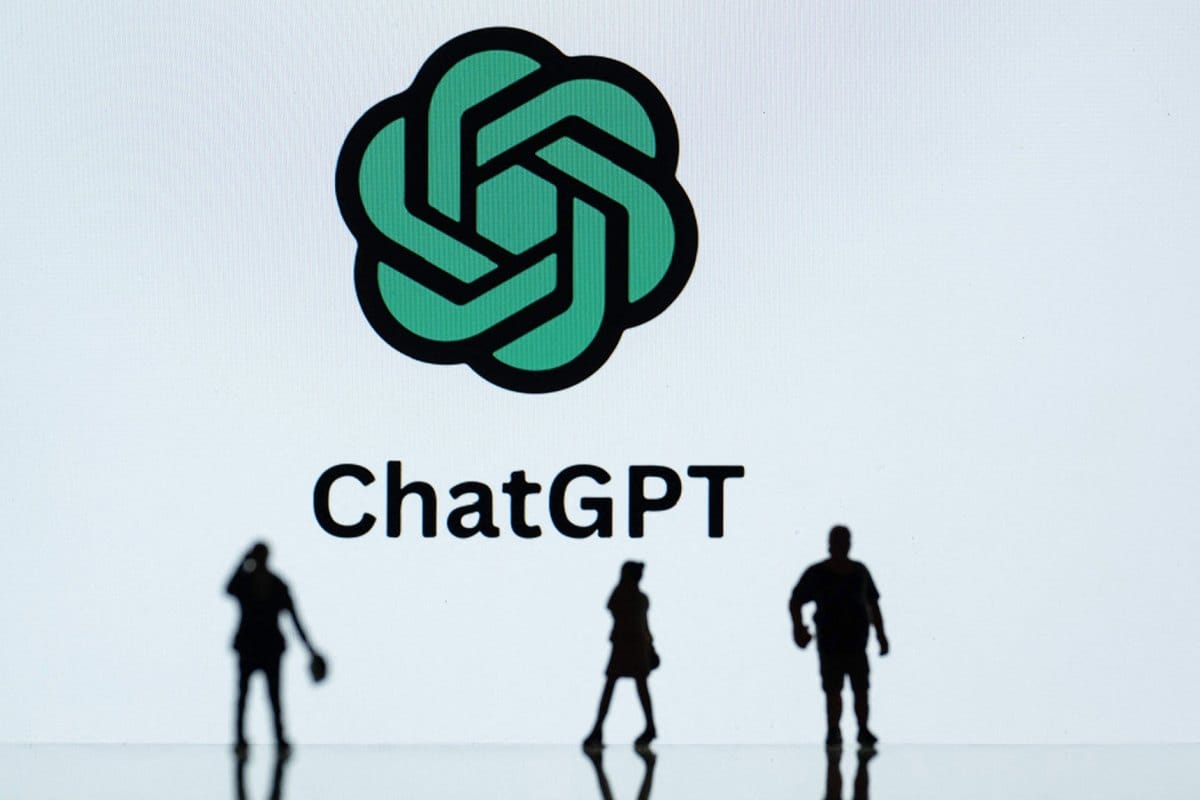Chatgpt will now be used “its memory” to customize the web searches

Openai upgrade “Memory” for ChatgPT again.
On ChangeLog pages and supported on the Openai on the web on Thursday, the company announced calmly “Memory with Search”, a feature that allows Chatgpt to draw on memories – details from previous conversations, such as your favorite foods – to inform the queries when searching in BOT on the web.
Chatgpt version notes yesterday with the addition of O3 and O4-MINI to Chatgpt on April 16, 2025-but it is interesting, they also mention “memory with research” (which person has already seen this? Not for me yet) pic.twitter.com/ovbcjnqf6z
– Tibor Blaho (@btibor91) April 18, 2025
The update comes shortly after Openai’s enhancement to the Chatgpt long memory tool with the ability to refer to the entire chat record for the user. It appears to be part of the continuous Openai voltage to distinguish between ChatGPT and a competitive chat like Claude from Anthropor and Jimini Google, which is also provided by a memory feature.
As Openai explains in its documents, when the memory is enabled with research and types of users in a claim that requires a search for the web, Chatgpt will rewrite this claim to inquire a search “that may also benefit from related information from memories” to “making the query better and more useful”. For example, for the user who “knows” ChatGPT of the memory is vegetarian and lives in San Francisco, Chatgpt may rewrite the claim “What are some of the restaurants near me that I love” as “good vegetable restaurants, San Francisco”.
Memory can be disabled with search by disrupting memory in the ChatGPT settings menu. It is not clear which users who have yet – some accounts in the X report have started to see memory with the search earlier this week.